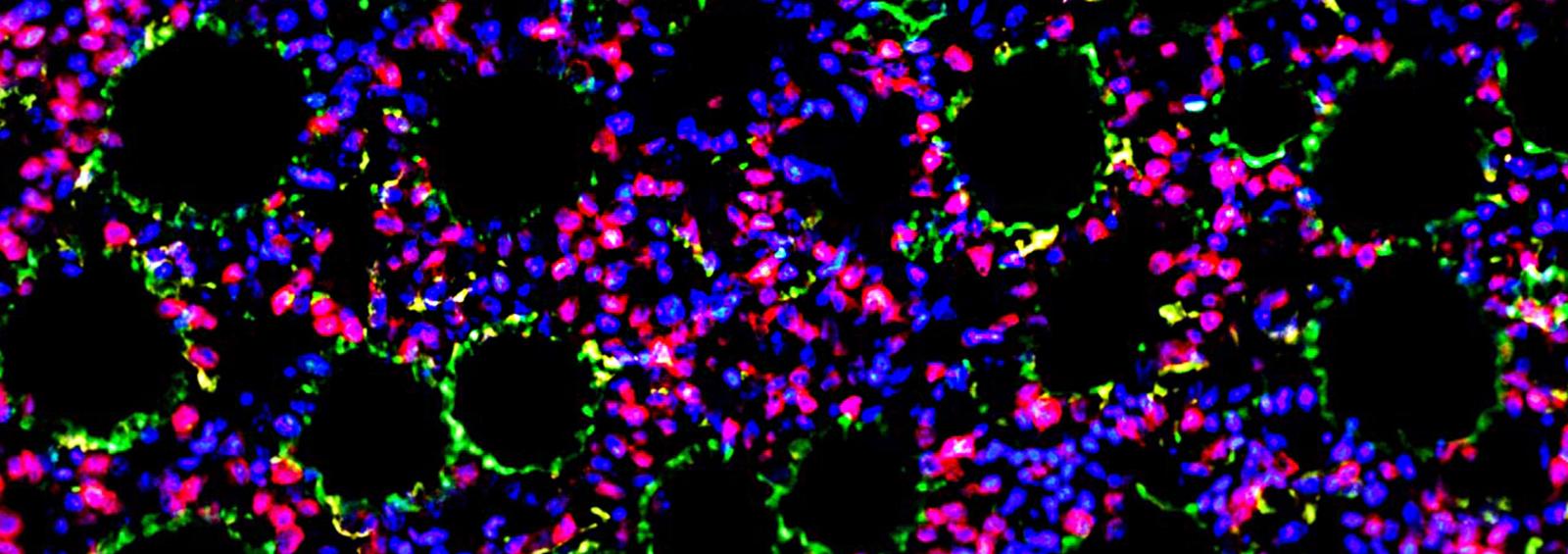About the Department of Pathology

Welcome to NYU Grossman Long Island School of Medicine’s Department of Pathology. Led by Jonathan Melamed, MD, department chair, we are part of a rapidly expanding medical powerhouse in the New York metropolitan area, NYU Langone Health, which excels in its trifold mission of high-quality patient care, medical education, and research.
Our department is based at NYU Langone Hospital—Long Island, which serves the community with high-quality and academically rigorous medicine. Teaching, research, and clinical practice have long been recognized strengths of our department, which has ready access to the resources of NYU Langone.
Our laboratory currently processes more than 70,000 surgical specimens and more than 1 million clinical laboratory tests annually. This rich material provides an excellent basis for our medical students and pathology residents to learn and grow along with our dedicated group of 20 faculty members. Furthermore, our autopsy service of 70 to 90 cases annually supports integrated anatomy teaching, quality assurance hospital measures, and pathology instruction.
We also continue to grow as a department through increases in staff, subspecialized faculty, and space, as well as with the implementation of advanced technology in clinical laboratories, the development of digital pathology workflow, and the pursuit of translational and clinical research. While the size of our department and case volume allows for a strong training program, we are still small enough to provide a nurturing environment for our medical students and residents.
We offer great opportunities within our department through clinical laboratory and pathology technological advances and subspecialty faculty expertise. Our faculty provide trainees with a solid core of knowledge that enables the next generation of leaders in pathology to launch their careers in whatever direction they choose.
In our department, we follow in the footsteps of the father of modern pathology, Rudolf Virchow, who once said:
“First, it must be a pleasure to study the human body, the most miraculous masterpiece of nature, and to learn about the smallest vessel and the smallest fiber. But second and most important, the medical profession gives the opportunity to alleviate the troubles of the body, to ease the pain, to console a person who is in distress, and to lighten the hour of death of many a sufferer.”